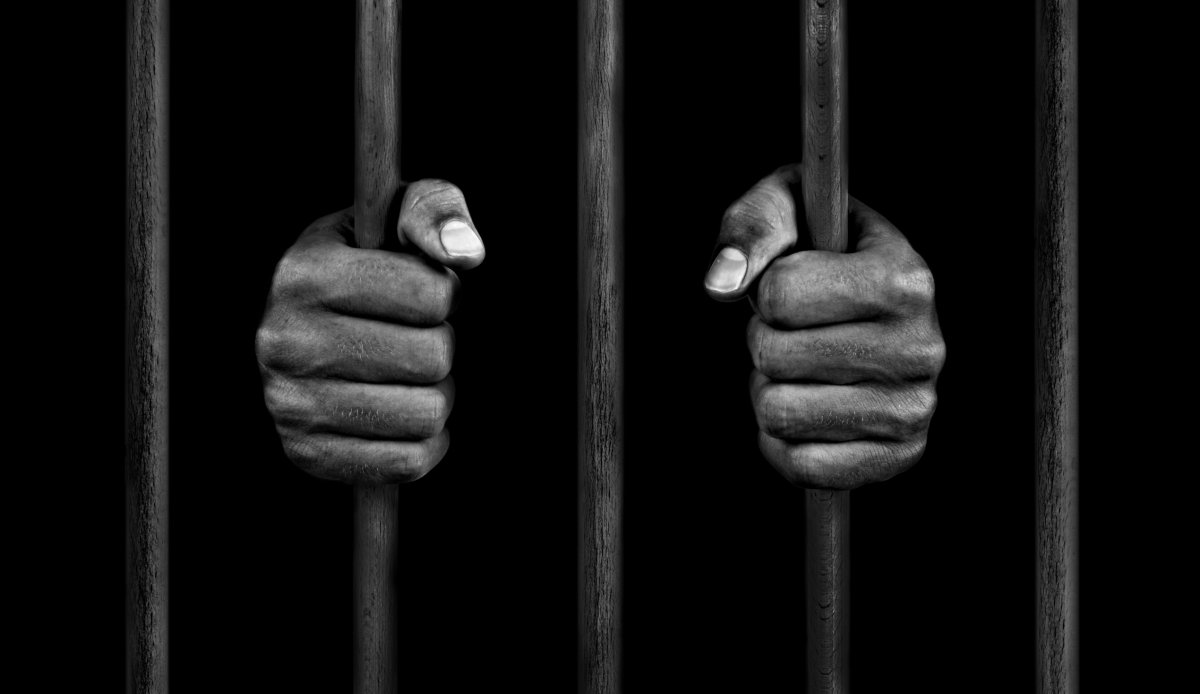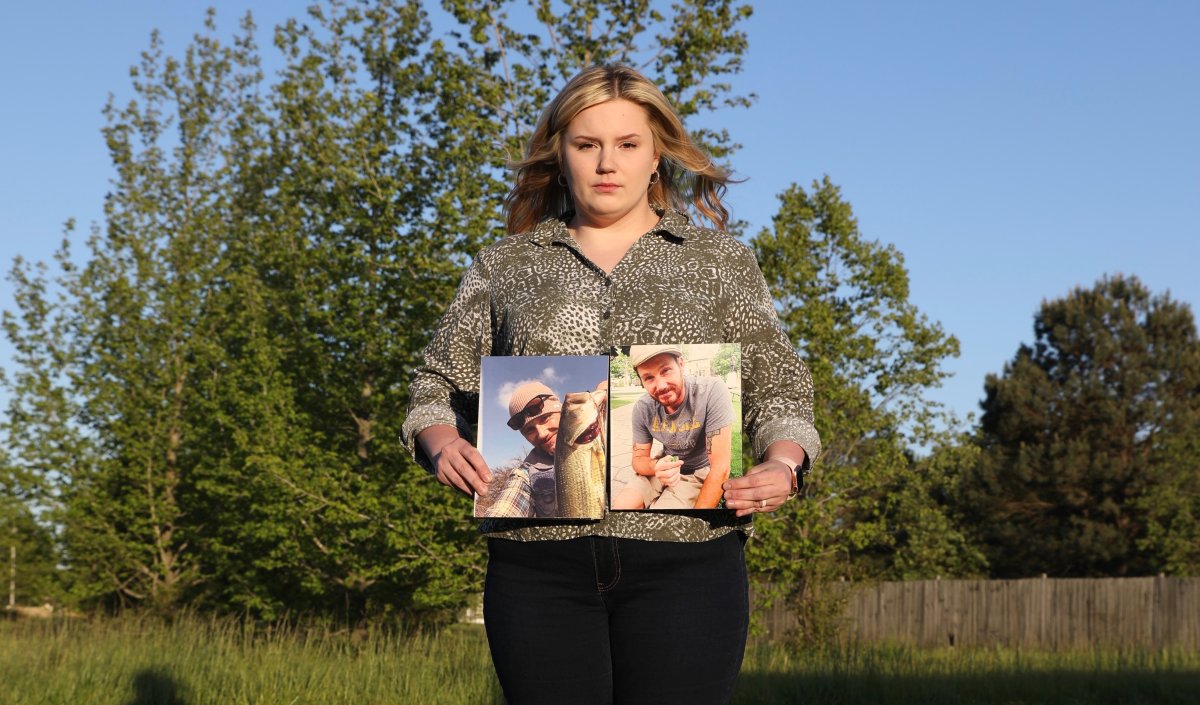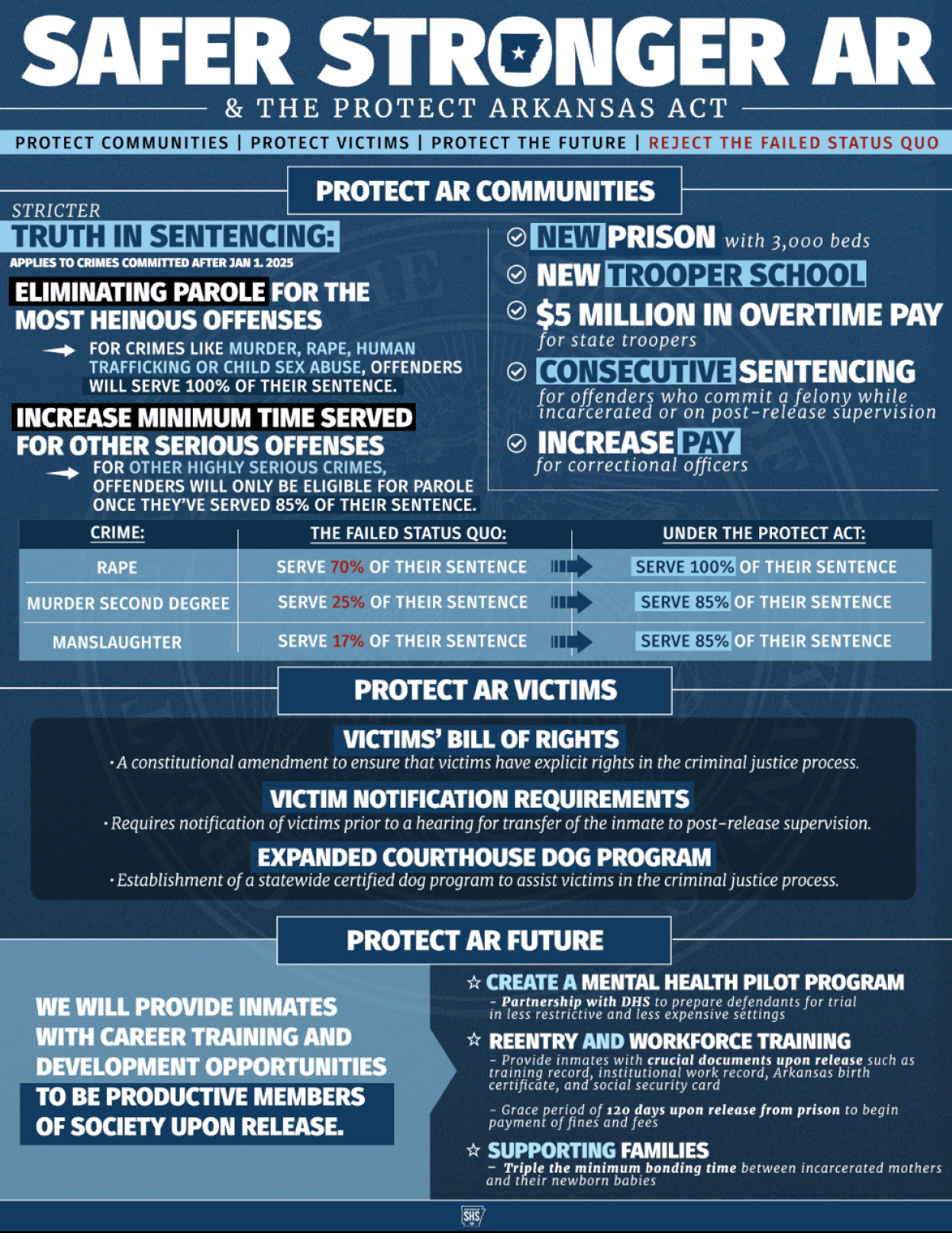Larry Eugene Price. Michelle Caddell. Marshall Ray Price. Three Arkansas residents who never met each other, but they all had one thing in common: All were arrested on minor offenses and died either in the custody of the state or shortly afterward. In a series of stories spanning 2023, Newsweek chronicled their deaths and took a deeper look at the justice system in Arkansas.
In the course of reporting their stories, the reporters filed multiple open records requests to obtain jail videos, as well as medical records and investigative reports. They also spent months interviewing inmates, their families, judges, law enforcement officials, lawmakers, experts and others across the state.
Our coverage:
Starved to death in an American jail, the man who couldn’t pay $100 bail
Courtesy of Erik Heipt
Routinely homeless, schizophrenic and with an IQ below 55, Larry Eugene Price, Jr., wandered into the small northwest Arkansas police station on August 19, 2020, as he did nearly every day.
Police were used to seeing Price, then 50, coming in, hanging around for a bit, then leaving. But on that late summer day, Price used his finger like a gun to point around the station and at officers, threatening and cursing at those present. Officers, seemingly concerned for his well-being and the safety of those in the station, arrested him on a state felony. He was handcuffed and taken to the Sebastian County Detention Center.
A judge set bond at $1,000. He would have been free with $100 for bail, but he was destitute and couldn’t pay. So Price remained incarcerated. A year later, he was dead, found in solitary confinement with his eyes wide open, naked, starved, in a pool of standing water so large his feet had shriveled. Toward the end, he had resorted to eating his own feces and drinking his own urine.
READ MORE
Related stories:
Defendants Fire Back in Lawsuit Over Man Who Starved to Death in Jail
County Files in Arkansas Jail Starvation Death, Claims Qualified Immunity
Man starved to death in Arkansas jail despite 11 years federal oversight

Getty
The U.S. Department of Justice is reviewing information about the death of Larry Eugene Price, Jr. If the DOJ’s Civil Rights Division were to get involved, it wouldn’t be the first time. Newsweek’s reporting has revealed that the detention center was under federal oversight from May 2006 to September 2017 after an on-site inspection found deplorable conditions that “violate the constitutional rights of inmates.”
READ MORE
Jail health provider sued after inmates left dead and disabled

Courtesy of the family of Michelle Caddell
For months, Michelle Caddell had complained to Tulsa County jail officials of nonstop vaginal bleeding, discharge and pain. It wasn’t until she was bleeding through a menstrual pad every 20 minutes—and passing tissue from her vagina—that she was transported to an Oklahoma hospital to be screened for cervical cancer that killed her at the age of 36.
Her family’s case is one of 160—30 involving inmate deaths—filed since 2015 against Turn Key Health Clinics, LLC, the private Oklahoma City-based medical provider at the Arkansas jail where Caddell was detained, according to a Newsweek analysis of court records.
READ MORE
Part 1:
How a brutal jail death exposes Arkansas’ ‘punishing’ justice system

Matt White
Barely breathing, his body bruised and organs failing, Marshall Ray Price died at 2:08 a.m. December 8, 2022, hours after being transported to the hospital from an Arkansas county jail. Police and prosecutors say Price, convicted of trafficking an herb legal in most U.S. states, died days after boxing in a cell with another inmate at the Greene County Detention Center in northeastern Arkansas. An autopsy showed he had a collapsed lung, broken ribs, and a ruptured spleen.
A state police investigation concluded Price died from the boxing match, in which toilet paper and socks were used as gloves. From Price’s arrest for trafficking kratom, an herb used to help with drug withdrawal, to the harsh punishment meted out at sentencing and his in-custody death, critics say the case is emblematic of a flawed criminal justice system in a state that sits at or near the bottom on many measures in a nation that has the highest incarceration rate in the world.
READ MORE
Part 2:
Who killed Marshall Ray Price? Family’s desperate search for truth

Matt White
Eight hours after Marshall Ray Price died, the first inmate from the Greene County Detention Center to call his family was Odell Lewis, the man with whom Price was boxing inside the northeast Arkansas jail and was officially blamed for causing the injuries leading to Price’s death. At that point, Lewis did not know Price had already died. He believed Price was severely hurt and quickly needed medical attention. In his call, he urged the family to do something—anything—to help Price. “(Lewis) said he didn’t know what happened, but that the guards didn’t treat my dad right,” Price’s daughter, Julian Price, told Newsweek. Lewis’ call alerted Price’s family to questions over why the jail did not do more 15 hours earlier when Price first started asking for medical attention; he had been in dire condition, curled up in pain on a mat in his jail cell.
READ MORE
‘Not treated as humans’: Critics say Arkansas neglects inmates’ health

Arkansas Governor’s Office
Arkansas has only 50 beds allocated for inmates at the only state-run psychiatric institution that deals with an incarcerated population nearing 18,000. The facility, the Arkansas State Hospital in Little Rock, has a waiting list topping 600 court-ordered defendants, with a backlog since at least the 1990s.
The dearth of help for those who need mental health services isn’t the only concern among advocates for the incarcerated in Arkansas. With all of the state’s 20 prisons over capacity and most understaffed, they say medical needs overall are often going unmet, despite a constitutional requirement to provide for the health of those who are detained.
READ MORE


